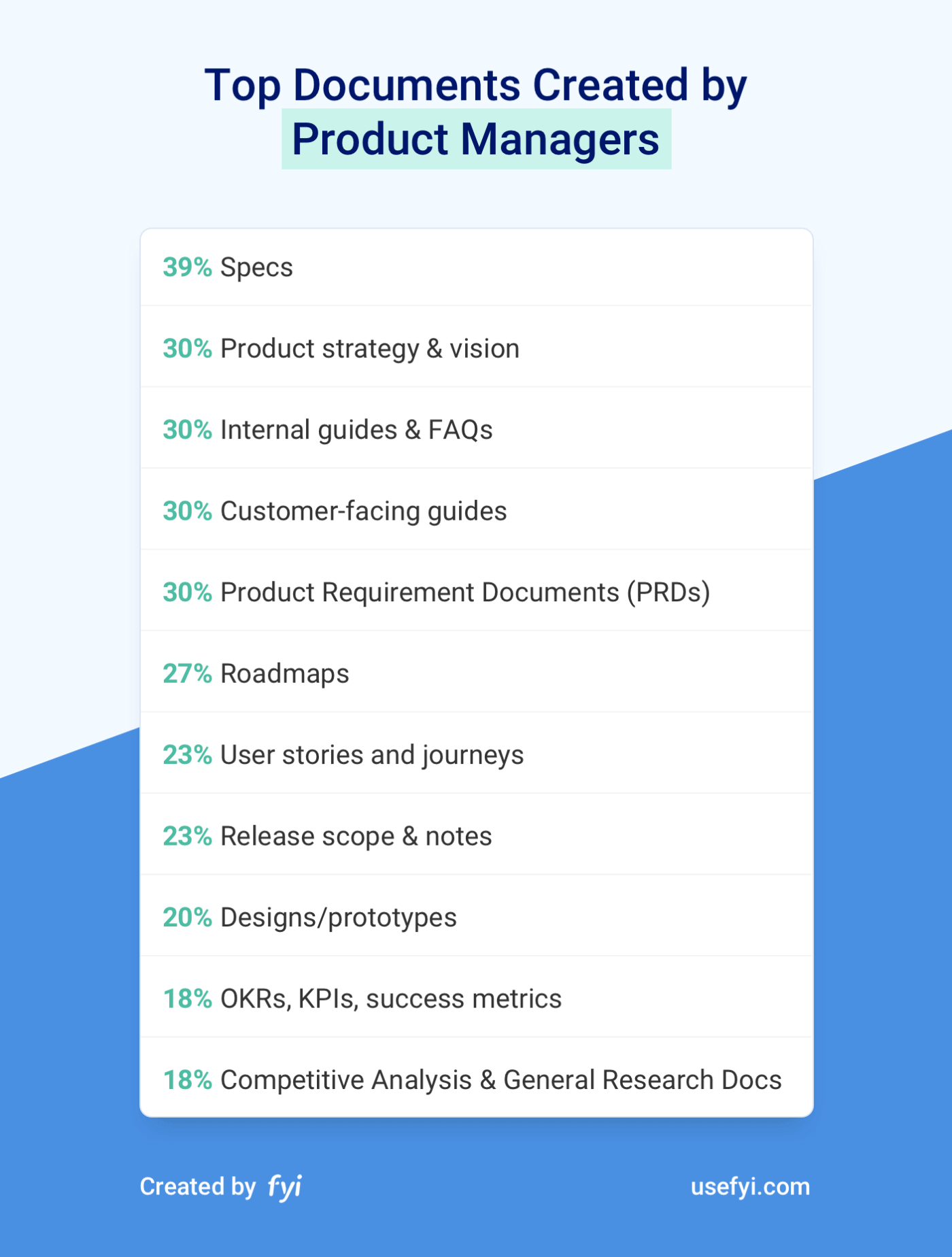You probably know this about your product, but haven’t focused on it.
In fact, I did the research to find out.
Without strong retention, your product will fail.
Retention tells you whether or not people are returning to your product and how frequently they are coming back. It gives you a pulse on the health of your product.
And yet most product people today don’t focus on retention.
We recently analyzed 51 job postings for product managers from companies of all sizes, from small startups with a few employees to much larger companies like Uber, Visa, and Amazon. The roles were all based in Silicon Valley and posted on Glassdoor.
As we looked through each role, we kept searching for a word that never showed up. Not even once. Retention. It had to be there, we thought, at least in some of the descriptions. And yet retention wasn’t mentioned in a single product manager job description.
I even took to Twitter to confirm what I hoped wasn’t true. Of nearly 500 people who responded to my tweet about who owns retention at their company, only 32% said it was product. Surprisingly, the top response (33%) went to “No one owns retention.”

I was dumbfounded. Retention is the indicator of whether a product is working for its users or not. And yet most product teams aren’t focused on retention.
Why Not?
So why don’t product people focus on retention?
Unlike other departments within tech companies that have clear operating procedures and consistent activities, like sales, engineering, or marketing, product isn’t as standardized yet. There isn’t only one way to build product, one methodology to follow, or one process to implement.
That’s because product as its own department and role is a somewhat new thing. Product roles and activities originally sat within and were owned by marketing or engineering. This year’s State of Product Leadership report noted this reporting structure:
“The prevalence of product teams reporting to engineering has doubled, now second only to marketing as the expected reporting line.”
Marketers conduct research to help them attract customers through various campaigns. Because product was focused on understanding customer needs and how to solve them, the product team often ended up under marketing’s umbrella.
Or, it was part of engineering. Tech companies initially made engineers do the work of product managers because of how much technical knowledge they had on how to build things.
Product as its own role and department is a fairly recent thing, meaning the standards just haven’t been set yet.
Everybody in product is winging it without a common set of agreed-upon best practices.
For example, when it comes to documentation (a core part of a product person’s job), there isn’t a standard set of documents that a product person is expected to create.
We asked product people about the documents they create the most, and what we learned is that everyone is creating different documents depending on the unique needs of their teams.

Digging even deeper, we created a directory of publicly-available product templates and discovered that there are hundreds of different product management templates across all the various document tools. We found 81 different templates in the planning category alone.
Being a product manager is like a choose-your-own-adventure game. So many of us are creating customized solutions based entirely on our team or product’s needs. Or, we’re just making it up as we go. No wonder product doesn’t own retention.
Who Does Own Retention Today?
A few departments tend to own retention.
When a company is heavily focused on growing through sales, customer success tends to own retention. Companies focused on enterprise customers have sales and customer success teams that are compensated based on retaining customers.
For companies with growth teams, growth product managers own retention.
Growth came into play fairly recently. As growth teams started and matured, they quickly figured out that without retention, a business doesn’t grow.
Growth is more standardized and structured than product and is focused on running experiments based on doing user research, analyzing user behavior, and quantifying metrics.
Growth teams are much more data-informed because their ultimate goal is to grow the business. Their job is to increase specific metrics related to the people who use a product. They are responsible for the flow of people in and out of a product, from when people are visitors until they cancel, churn, or become dormant.
Brian Balfour, founder and CEO of Reforge, explains why the foundation of growth is retention:
“The point is, every improvement that you make to retention also improves all of these other things — virality, LTV, payback period. It is literally the foundation to all of growth, and that’s really why retention is the king.”
For many companies, retention is simply forgotten. Retention should be the first thing on product people’s minds, not an afterthought.
I believe that product should own retention. It shouldn’t be a forgotten metric or something that’s owned by other departments. Product roles should be designed to focus on retention.
Product teams tend to be closest to the customer in most companies because they are doing customer research and then prioritizing the roadmap. They get to hear exactly what customers think and also have the ability to determine what gets built and in what order.
Product people have the qualitative information that is required to make the best product decisions. What product people are missing is accountability toward outcomes that matter both to the business and to customers.
The recent rise of growth teams has put product into perspective. Experimentation via a data-informed mindset is what growth teams do. Growth teams are accountable for tangible outcomes, and product teams are not.
If product focused on retention, they would actually be doing less work that didn’t go anywhere. Product teams would have fewer failed features because retention would be considered and measured and iterated against, both while building a feature and after its launch.
Retention is the single best measure for understanding whether customers are satisfied and continue to be. It’s also a key indicator of product/market fit. Product teams should own retention because it aligns all of their work with what matters most to the business: the customer’s loyalty.
Once product teams start becoming more data-informed and use experiments to learn and iterate like growth teams currently do, we will see more successful products in the market.
This shift will lead us into the next phase of the product, in which best practices will get defined across companies and outcomes will become much more tangible.

